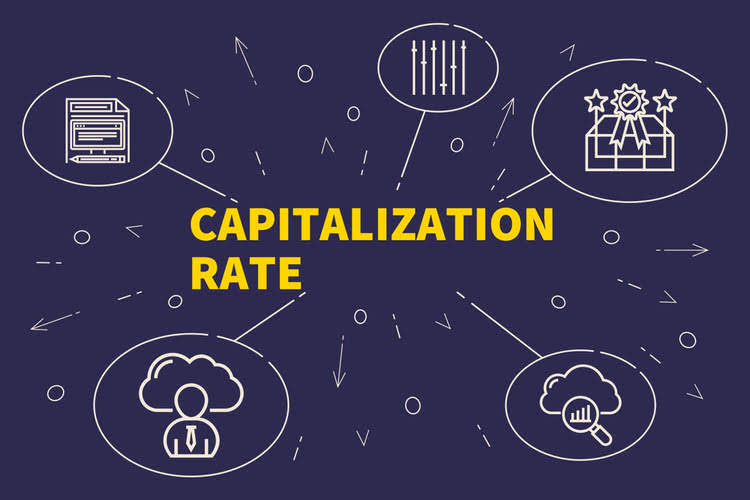
They are often the unpredictable costs that come up as part of normal business operations but don’t necessarily fall under specific budget lines. These expenses might seem insignificant on their own, but they can accumulate over time, so tracking and managing them is important for overall financial health. As mentioned above, not all business expenses are tax deductible and differentiating between the two can be confusing and time-consuming. By tracking and categorising business expenses efficiently, these solutions make it quick and simple to determine the business expense categories that are tax deductible. By making tech tools an integral part of their spend management and consulting with tax professionals, businesses need no longer fear tax time.
- This involves specialized areas like depreciating assets and accounting for personnel costs, which require rigorous tracking and methodical record-keeping.
- Proper bookkeeping ensures that even the smallest expenses are accounted for, providing a clear and accurate picture of where your money is going.
- The cost for this repair doesn’t fit neatly into any of your existing categories, so you might classify this as a miscellaneous expense.
- This is the default category for any expenses that cannot be directly identified with the cost of sales, selling expenses, finance cost, or taxation.
How Fixed Costs Impact Cash Flow
In many bookkeeping businesses, expenses—especially larger ones—require approval before they can be processed. Digital expense management platforms often feature approval workflows, where managers can easily approve or reject expenses from anywhere. This feature helps keep the process smooth and timely, ensuring that no unnecessary delays occur. It also allows for greater transparency, as both employees and managers can see the status of each expense request in real-time. They are deducted from revenue to determine a company’s taxable income.
Digital vs. Physical Record Keeping
This section details the various types of business expenses and how they are classified. Bookkeeping, by its nature, involves meticulous record-keeping to track all financial transactions of a business. This involves assigning every expense to a predefined category that makes sense for the business and complies with accounting principles.

How to Save on Fixed and Variable Expenses

Your budget list should include those categories that support the goals you want to achieve. It can be as simple as “worry less about money” or “avoid impulse spending”. With that said, a good general rule of thumb is to limit your mortgage or rent to 25% of your net income and keep all other categories between 5-15%. We each have different categories that we think are worth the extra spending, so be sure to focus on what’s important to you. However, as a general rule of thumb, there are a few main expenses that almost everyone will have to pay. However, personal finances are personal, so the categories you choose will depend on your own unique circumstances, personality, and preferences.
- Any employees with permission to use the business credit card or have their own assigned P-card should be instructed to do this as well.
- With careful consideration, businesses can ensure that these unpredictable costs do not negatively affect their bottom line.
- One of the primary advantages of using digital expense management systems is the accuracy they provide.
- Creating a spending plan for your money allows you to be intentional with your finances and helps you be in control of how your money is working for you.
- A business has incurred legal fees related to a dispute with another company.
- While cutting variable costs seems simpler, reducing fixed costs is often easier in practice.

Meals at restaurants and entertainment costs are examples of discretionary expenses. Once is miscellaneous a fixed expense fixed expenses are covered, you can allocate the remaining funds for variable and discretionary spending. Creating a budget might sound like a daunting task (even when you have a complete monthly expenses list). Because money seeps into our lives every day, it’s important to make handling and planning your money a priority.
How to Budget for Fixed and Variable Costs

Use a specific category in your bookkeeping software and review transactions monthly to Car Dealership Accounting ensure proper classification. Many miscellaneous expenses are deductible, but they must be ordinary, necessary, and well-documented to qualify. Working with bookkeeping experts like doola helps ensure expenses are categorized correctly, maximizing deductions while staying compliant with regulations. Because there is no meaningful method of removing these costs.Interest on any loan is a fix expense. Salaries, which is basicallywhat entitlements are, are also fixed expenses.